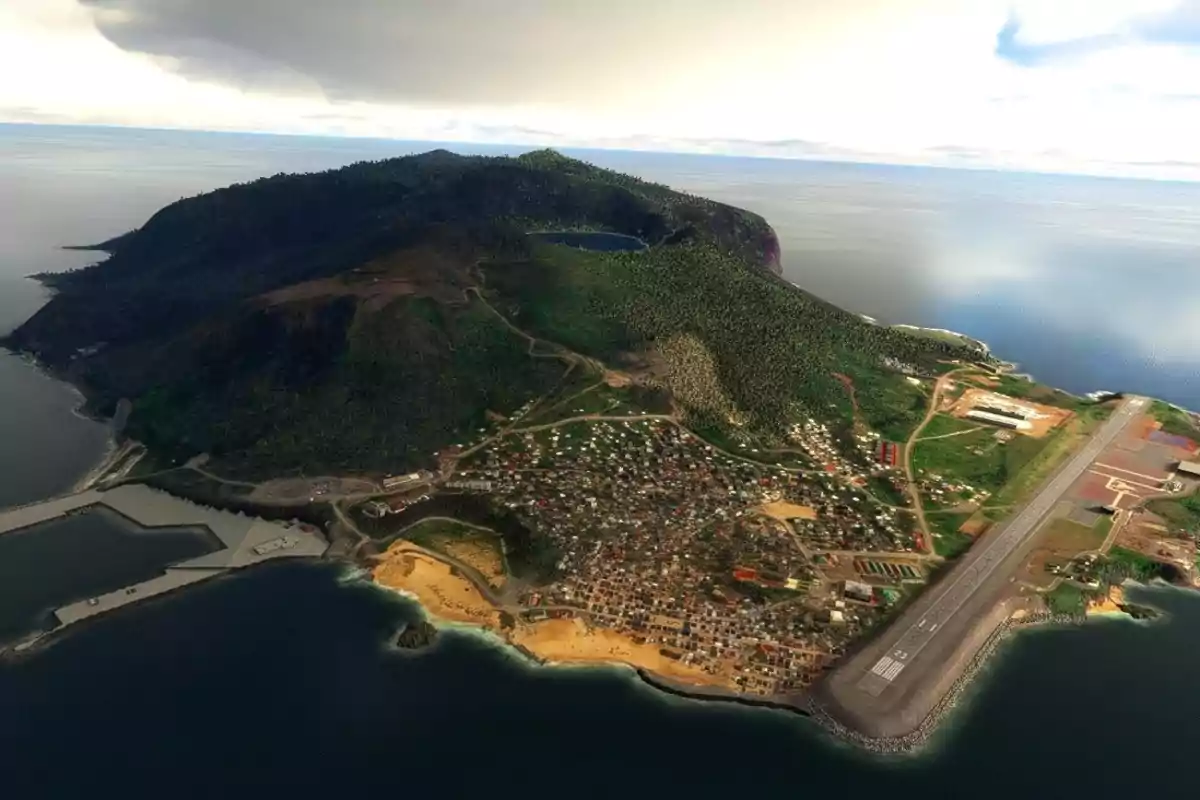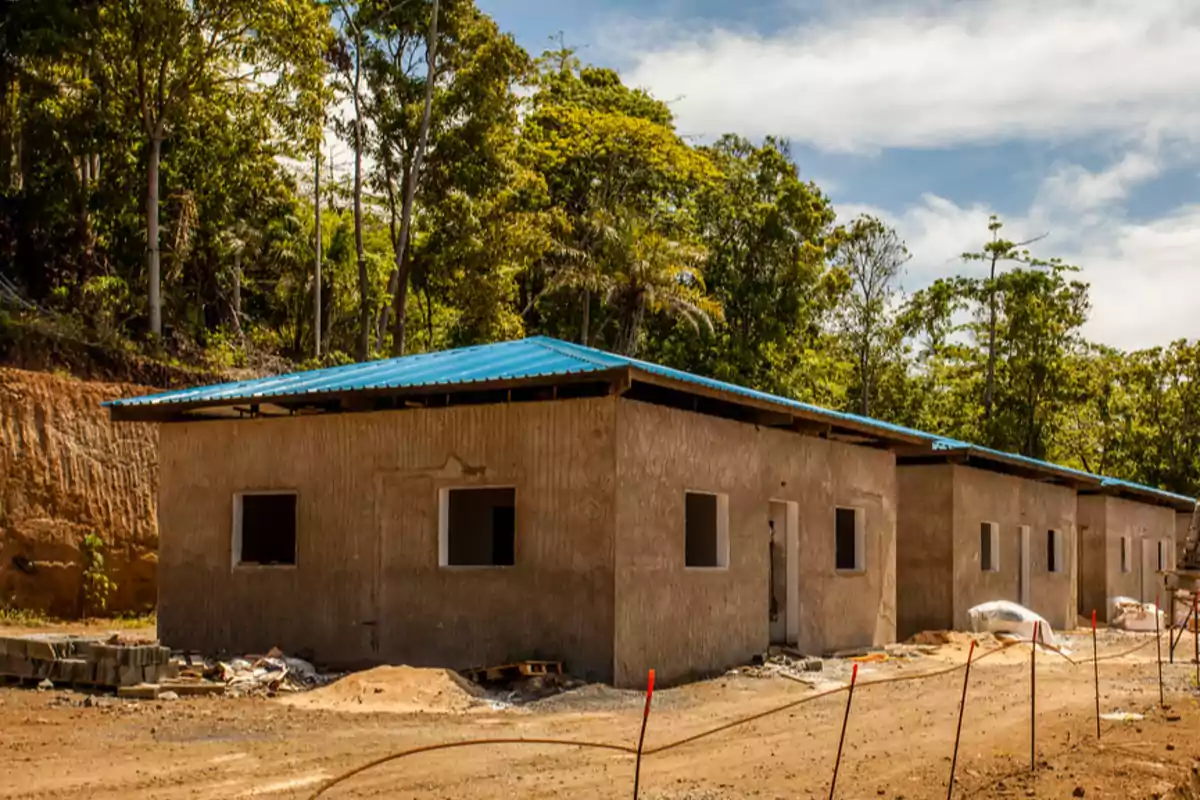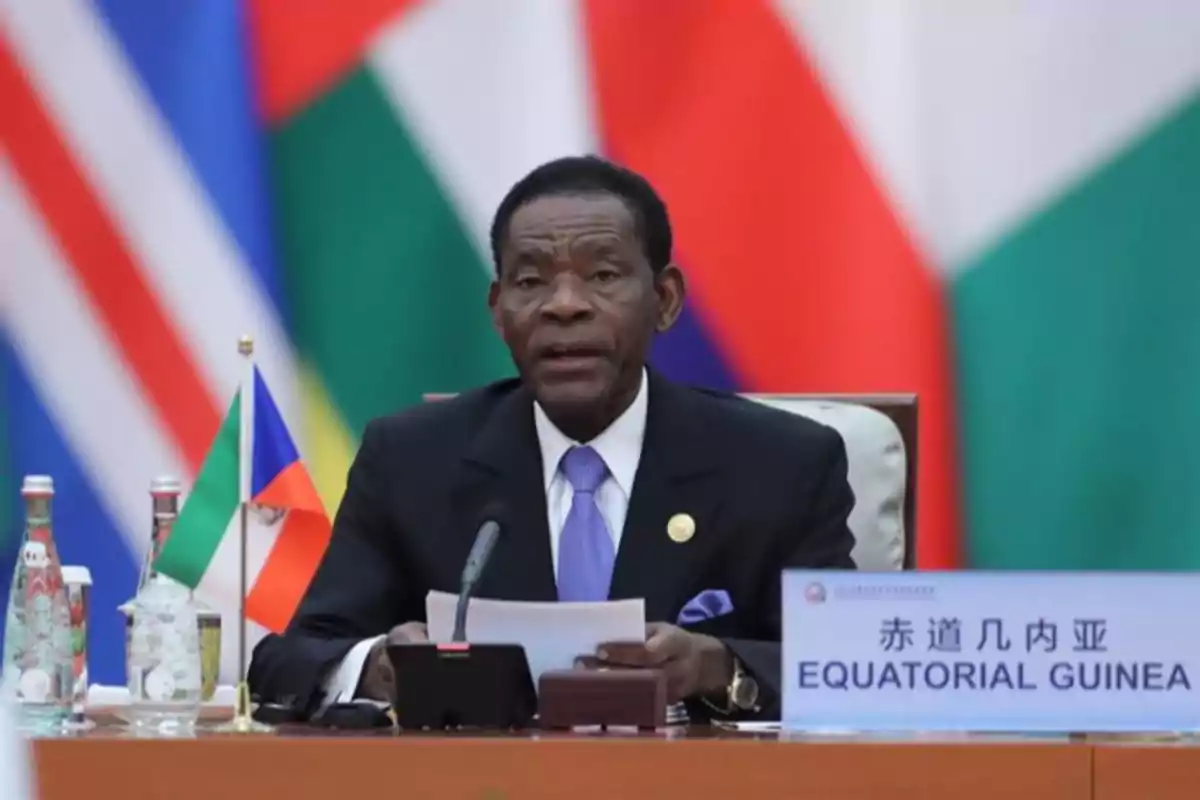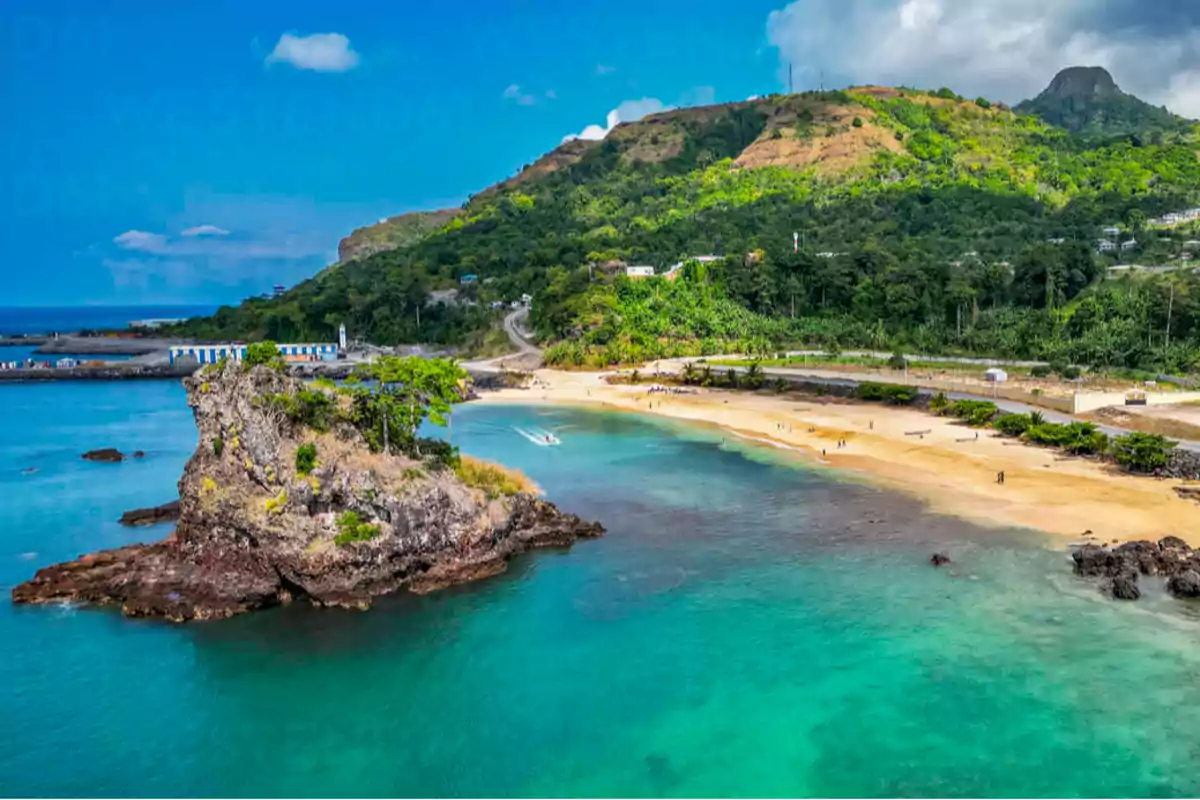
Why does Annobon want to join Argentina and escape the communist clutches of Guinea?
The small island located in West Africa has made a request to join the Argentine Republic due to the difficult situation it is facing
The island of Annobón, a small and remote insular territory located in the Gulf of Guinea, is officially part of Equatorial Guinea, a country ruled for decades by an authoritarian communist regime.
However, Annobón has become one of the most extreme examples of marginalization, state abandonment, and repression within the country itself. Despite its wealth of natural resources, the island is experiencing a chronic humanitarian emergency, a direct result of the centralist and repressive policies imposed by the government in Malabo.
With only a few thousand inhabitants, Annobón is geographically isolated from the rest of the national territory, which has facilitated its exclusion from major economic, political, and social decisions.
The regime led by Teodoro Obiang Nguema, the world's longest-serving president, has concentrated power and resources in the continental capital, leaving peripheral regions in a state of extreme neglect.

Annobón, historically ignored, is currently suffering from structural poverty that results in a lack of basic services such as electricity, drinking water, medical care, or transportation.
The socioeconomic situation on the island is critical. There are no adequate hospitals or stable medical staff, and residents depend on occasional shipments of supplies from the mainland or international aid.
Schools lack materials, infrastructure, and qualified personnel, which contributes to educational lag. The local economy, based almost exclusively on craft-made fishing, has been devastated by the lack of investment, the overexploitation of resources by companies linked to the regime, and the lack of access to markets.

The Equatorial Guinean regime has imposed an authoritarian structure that tightly controls any expression of autonomy or dissent. In Annobón, community or religious leaders who attempt to organize forms of protest or demands for better living conditions are often persecuted, imprisoned, or disappeared.
The local population denounces systematic censorship, surveillance, and repression. Geographic isolation and lack of technological connectivity make it even more difficult for human rights violations to come to international light.
At the political level, the island lacks effective representation in the country's decisions. Elections are manipulated, opposition parties are banned or co-opted, and any attempt at self-determination, such as the unrecognized declaration of independence in 2022, is harshly punished.

This event reflected the exhaustion of a population that feels completely alienated from the Equatoguinean state, which they see as an internal colonial regime.
Paradoxically, Annobón has valuable resources that could transform its situation. In addition to rich biodiversity and a coastline with tourism potential, mineral reserves and highly productive fishing areas have been identified.
However, these resources are exploited without the benefits reaching the local population. Decisions on contracts and concessions are made by regime elites, without consultation or compensation for Annobonese residents.

In this context, the call for international aid, including the recent request for association with Argentina, emerges as a desperate measure to break with decades of neglect, oppression, and misery.
Annobón today represents an island not only forgotten geographically, but also relegated by a dictatorship that has used centralized power to enrich a few and systematically marginalize its own peripheral communities.
More posts: